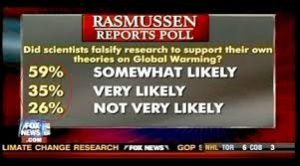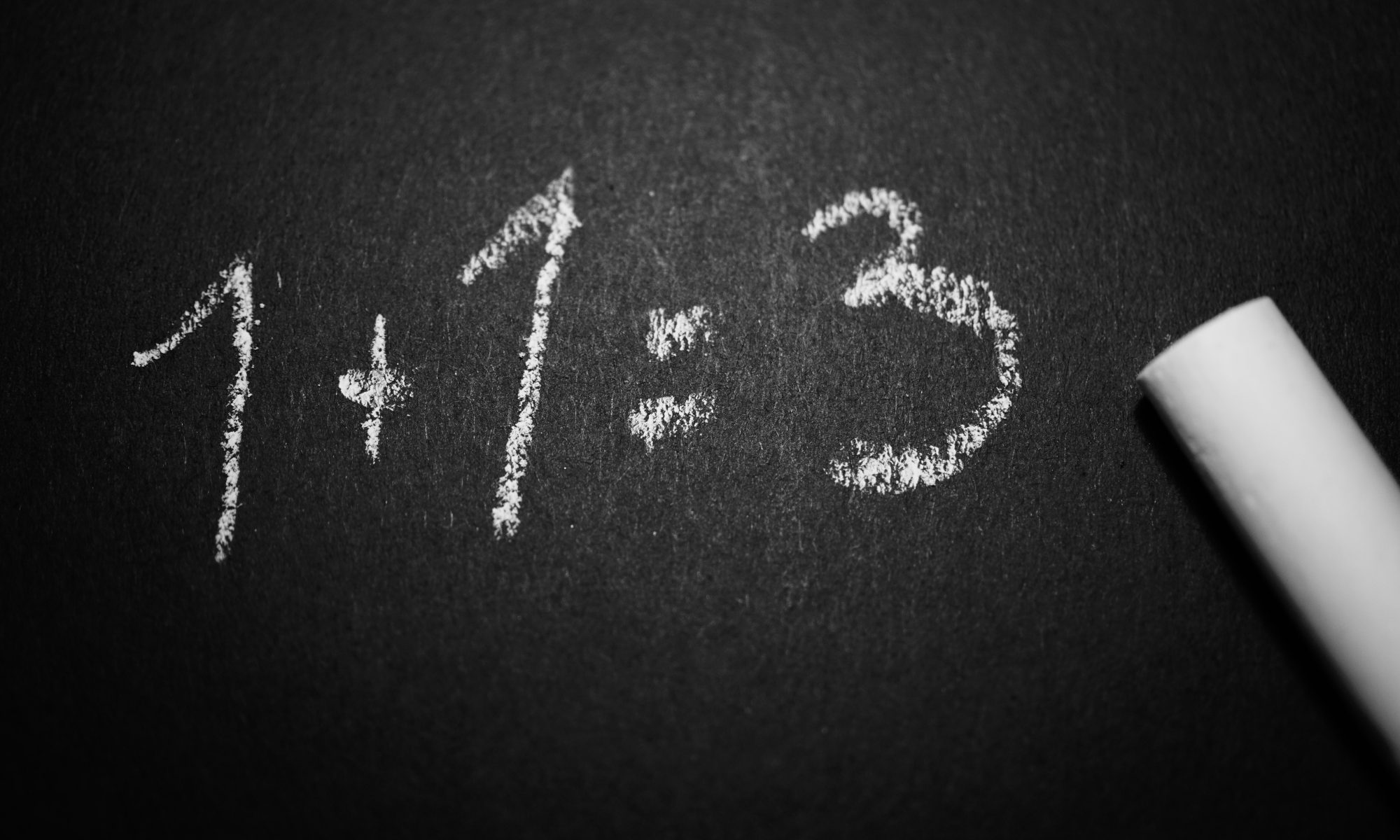Grace, Year 8, looks at why maths is important in everyday life, and what happens when it goes wrong.
Maths is integrated into our lives. Whether it’s telling the time or looking at our budget for the latest gadget that we want to buy, we all use maths. But sometimes we use it incorrectly.
The Leonard v Pepsi court case
 One example of maths going wrong is when in 1995 Pepsi ran an advert where people could collect Pepsi points and trade them in for Pepsi-branded items. Points could be collected through purchasing Pepsi products, or through paying 10 cents per point. For example, a T-shirt was worth a mere 75 points whilst a leather jacket was worth 1,450 points.
One example of maths going wrong is when in 1995 Pepsi ran an advert where people could collect Pepsi points and trade them in for Pepsi-branded items. Points could be collected through purchasing Pepsi products, or through paying 10 cents per point. For example, a T-shirt was worth a mere 75 points whilst a leather jacket was worth 1,450 points.
To end their campaign, Pepsi stated that the Harrier Jet, which was promoted in their advert, could be bought for 7 million Pepsi points. At the time, each Harrier Jet cost the U.S. Marine Corps around $20 million. Knowing its worth, a man called John Leonard tried to cash it in. This was an extensive task with particular rules, all of which John followed. His amount totalled $700,008.50 which he put into an envelope with his attorneys to back the cheque! Pepsi initially refused his claim, but Leonard already had lawyers prepared to take his side and fight. The case involved a lot of discussion, but eventually, the judges sided with Pepsi, even though Leonard v PepsiCo, Inc. is now a part of legal history.
Errors in the news

Sometimes maths goes wrong on a big scale. For example, the Russian shooting team in the 1908 Olympics left with no medals because they turned up nearly two weeks late as the 10th July in Russia, was the 23rd July in the UK. The Russians were using a different calendar.
Lottery complications
Another example is of human confusion with maths. A UK lottery scratch card had to be taken off the market within a week due to players having problems with negative numbers. The card was called Cool Cash, and had a temperature printed on it. If you scratched a temperature lower than the target, you won. But lots of people playing didn’t understand negative numbers… “On one of my cards it said I had to find temperatures lower than -8. The numbers I had uncovered were -6 and -7 so I thought I had won, and so did the woman in the shop. But when she scanned the card, the machine said I hadn’t. I phoned Camelot and they fobbed me off with some story that -6 is higher, not lower, than -8, but I’m not having it.” These players didn’t know how negative numbers worked, so looked for the numbers that were usually lower when they were positive.
Maths is important in everyday lives as we all use it, sometimes without being aware of it. However, it is important that checks are made to ensure the correct figures and calculations are used. After all, our lives may depend on it.

